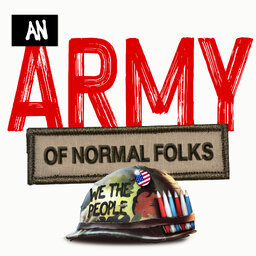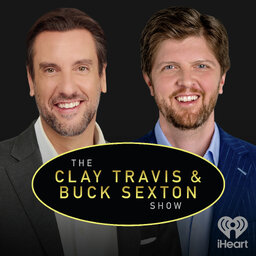William Paul Young: They Saved My Life (Pt 1)
25 million books sold, a film starring Tim McGraw and Octavia Spencer, and tens of millions of lives touched. But the extraordinary impact of The Shack never would have happened if 3 different people didn't save the life of the author, William Paul Young. For our special "Supporting Greatness" series, Paul pays tribute to these unsung heroes.
In 2 playlist(s)
An Army of Normal Folks
Our country’s problems will never be solved by a bunch of fancy people in nice suits talking big wor…Social links
Follow podcast
Recent clips
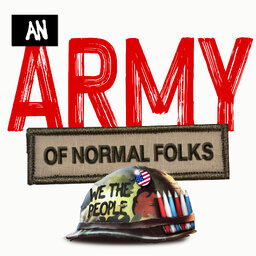
What Happens When You See the Person Everyone Else Ignores
13:15
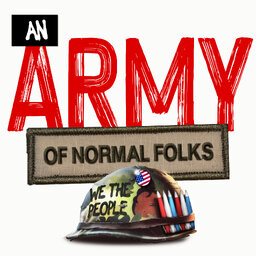
How to Turn Your Spending Into Someone's Second Chance. Or First Chance (Pt 1)
33:45
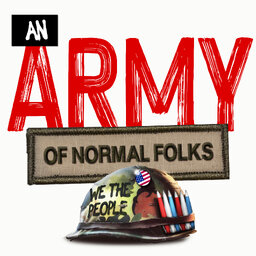
How to Turn Your Spending Into Someone's Second Chance. Or First Chance (Pt 2)
1:14:58
 An Army of Normal Folks
An Army of Normal Folks